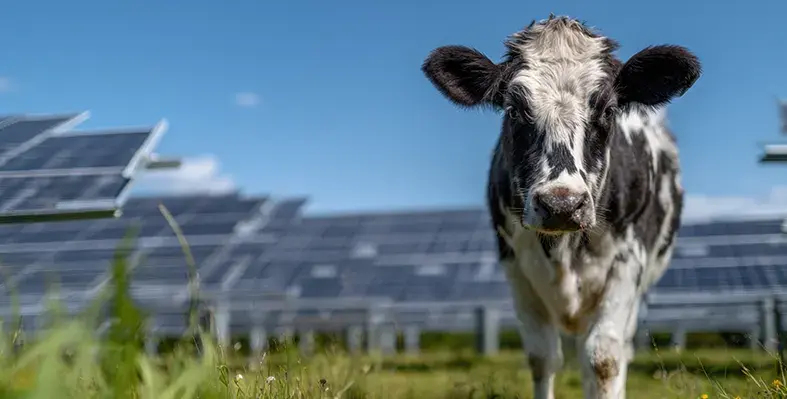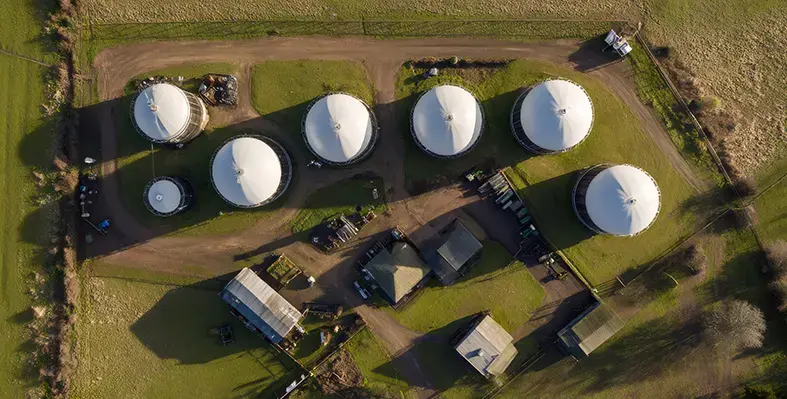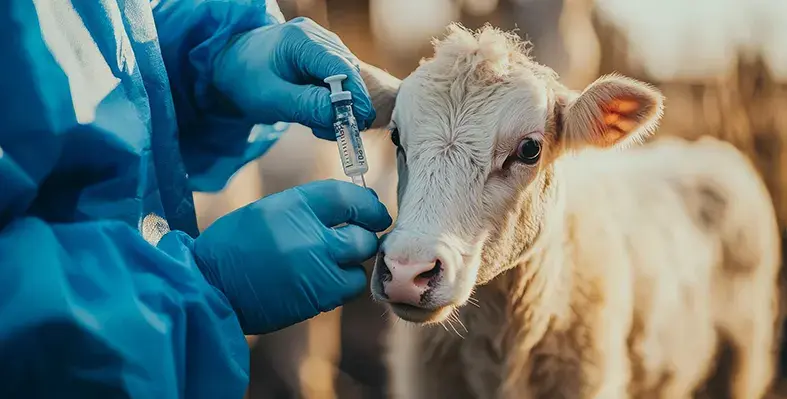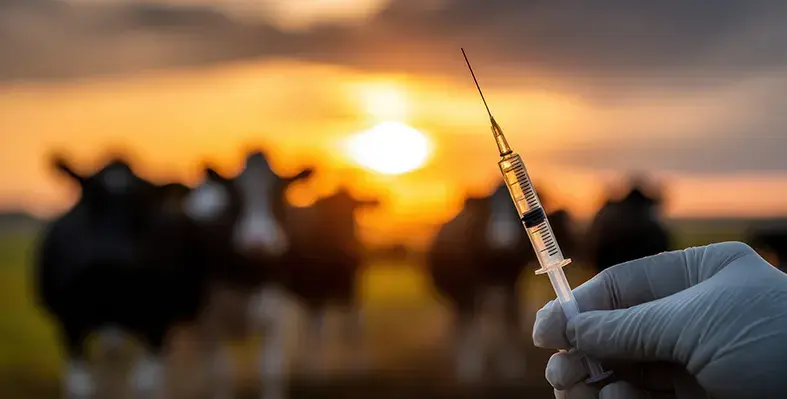
The goal of the project is to contribute to improved livelihoods of smallholder livestock farmers in Uganda.
Uganda’s Parliament has approved a US$99.6mn loan from the International Fund for Agricultural Development (IFAD) to fund the Resilient Livestock Value Chain Project (ReLiV), aimed at improving the livelihoods of smallholder livestock farmers in 55 districts across the country
The loan request was presented by Henry Musasizi, Minister of State for Finance, Planning and Economic Development (General Duties), chaired by Speaker Anita Among. Musasizi stated that “the goal of the project is to contribute to improved livelihoods of smallholder livestock farmers in Uganda. The project development objective is to enhance income, nutrition and resilience of smallholder dairy and beef producers.”
He noted that the selected districts fall within Uganda’s cattle corridor, areas marked by high poverty levels, food insecurity, and malnutrition. The project is expected to directly benefit 400,000 households and indirectly reach around 20 million people, with a minimum inclusion target of 40% women and 25% youth.
Despite the approval, the loan faced scrutiny in Parliament. Hon. John Bosco Ikojo, Chairperson of the Committee on National Economy, supported the loan but recommended a renegotiation to reduce funding for administrative and consumptive expenses in favour of inputs, equipment, and services. He highlighted that Shs600 million had been allocated for vehicles, which the committee viewed as an unnecessary cost. He further noted the limited time given to Parliament to properly review the loan documents.
Although the committee acknowledged the highly concessional nature of the loan—offering a 50-year repayment period and 0% interest—they expressed concerns over the distribution of funds. Hon. Muhammad Muwanga Kivumbi criticised the allocation of US$59 million to institutions like the National Agricultural Research Organisation and Kawanda Research Institute, questioning the visibility of direct benefits to actual farmers. “You do not see a farmer, you only see government ranches being financed. So, who is benefiting from this loan?” he asked.
Musasizi defended the loan’s structure and urgency, clarifying that the agreement must be signed by 12 September 2025. “This loan has the best terms. The interest rate is zero and the repayment period is 50 years,” he emphasised, urging Parliament to proceed.








